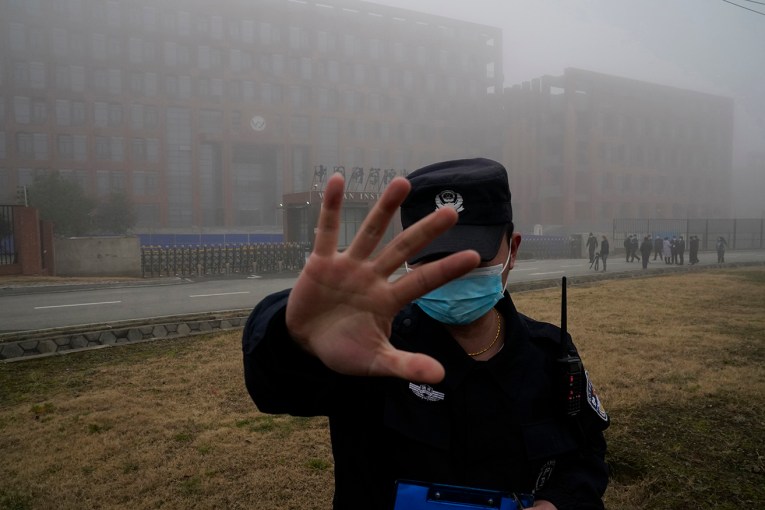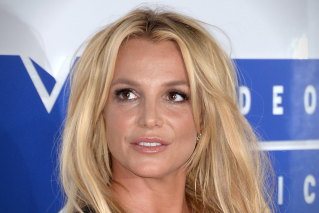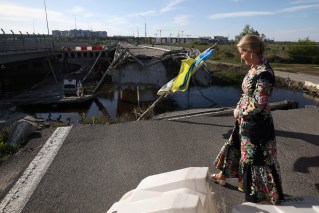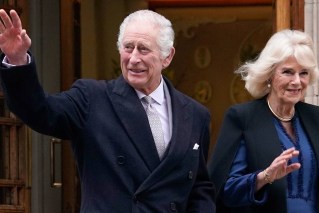Madonna King: Nothing stops TikTok from harming children

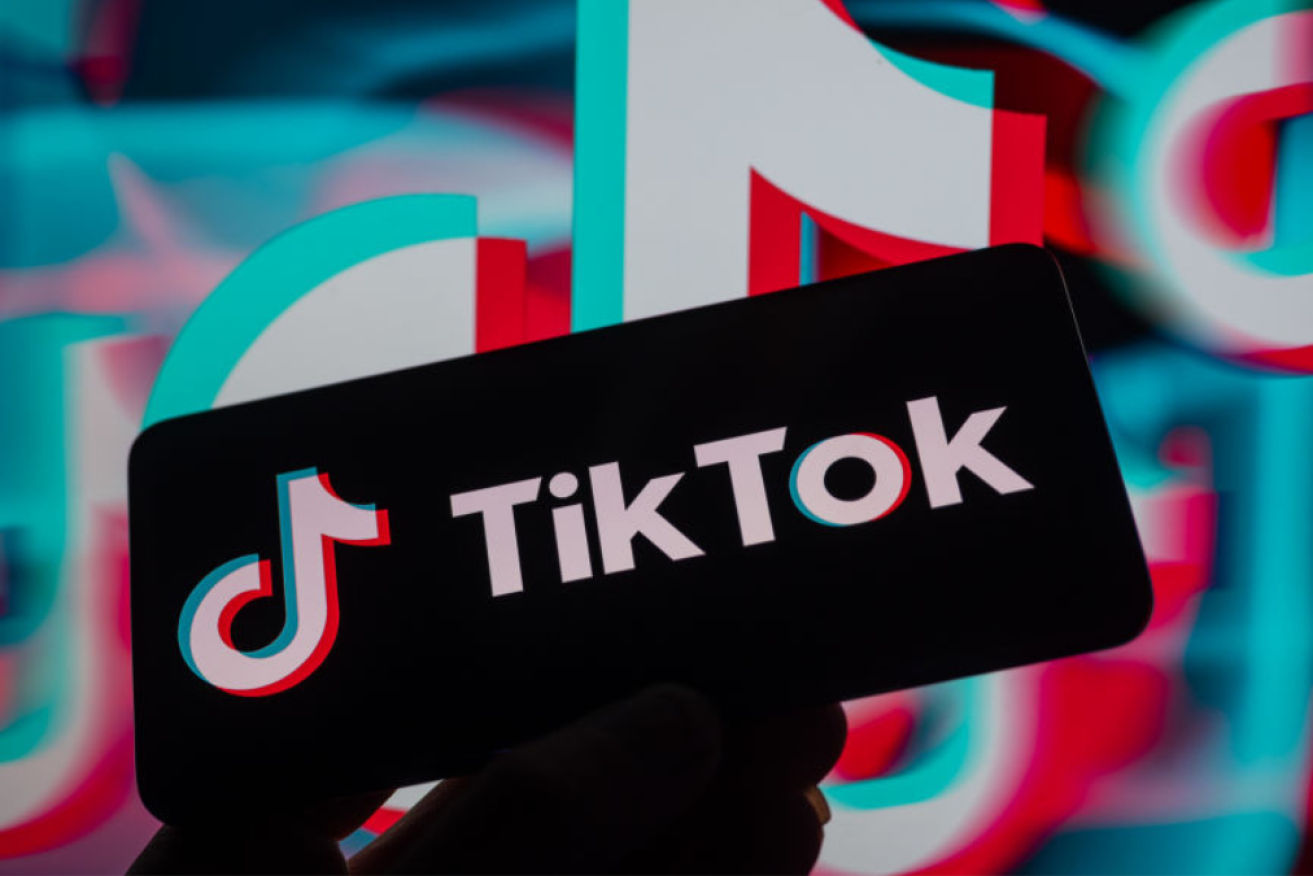
The Australian government has ruled out banning TikTok, but why is the US government taking aim at the platform? Photo: Getty
If your 11-year-old son was challenged to an ice-cream eating competition one afternoon after school, would he say ‘no’?
What if he was challenged, by mates, to eat as many hamburgers as he could – until he fell physically sick?
Most of our children – boys and girls – love a challenge. And therein lies just one of the menacing consequences of allowing TikTok into the hands of our children.
We’ve got to start talking about this. This week, in the United States, headlines told the story of more and more children being hospitalised and dying after silly TikTok challenges.
And many of those same “challenges” are playing out in Australia.
In the US, one Ohio mother had to race her two children – a seven-year-old boy and a five-year-old girl – to hospital, where one needed oxygen after they tried a challenge that has millions of views on TikTok.
The challenge is to eat a single chip, laced with the hottest pepper on the planet.
This wasn’t an isolated incident, with US reports claiming the “one chip’’ challenge garnered 160 million views with the hashtag #onechip and 21 million views with a second hashtag – #onechipchallenge2023.
That challenge remains on TikTok, despite the public outcries. So does a silly prank where parents crack an egg on the head of their toddler. And a list of others, that should be removed.
Fatal consequences
In one episode, almost a dozen children were treated in hospital after chewing gum that contained pepper spray. It was a popular TikTok challenge.
A teen also died after a challenge to take enormous doses of antihistamine.
Another reportedly took their life after receiving 100 unsolicited videos of suicide and violence on TikTok. Videos also exist on every topic you can think of – including how to shoplift.
One viral challenge that has been removed – which was playing out in Australia – is the ‘blackout challenge’ in which someone tries to choke themselves to the point of passing out. But it was not removed before an estimated 15 children in the US, aged under 13, died.
No boundaries
There are no boundaries with social media.
Challenges don’t start and stop at borders, and both our tech companies and our federal government need to wake up, and understand the heartache their inaction is allowing.
Earlier this year, TikTok copped a fine in the United Kingdom for data protection breaches – including misusing children’s personal data. This week it was ordered to pay more than $350 million after an Irish ruling that it did not do enough to protect children.
That followed an investigation that showed child profiles were set to public default – meaning anybody on the internet could view them.
The Chinese-owned app says that latter issue is history. But why are our tech giants so reluctant to protect our children, and why do they only act when pressure is brought to bear?
They have the resources to change the trajectory of so many lives, for the better. But they simply will not.
And our federal government is not sticking up for our children either.
This week it decided it would not use age verification technology to restrict access to online pornography, despite a submission from Australia’s eSafety Commissioner.
The government’s reasons were on privacy and security grounds, preferring self-regulation. But whose privacy? Whose security?
At what point do we put our children’s privacy above the privacy of sex predators and scammers and organised crime gangs, who have every piece of technology at their disposal?
That decision has led to pushback, with dozens of experts writing to the Communications Minister Michelle Rowland asking for a rethink.
Early access to porn
Their argument revolves around how easily and early children are accessing pornography (routinely available by year five), and that led to sexism, normalisation of violence against women and a rise in child-on-child sexual abuse.
I signed that letter, but so did many, many others with experience the government should consider.
Jess Hill, author of See What You Made Me Do, Grace Tame, Chanel Contos, domestic violence groups, police investigators, safety organisations, sexual assault networks, the Australian Childhood Foundation, Bravehearts, Act for Kids, Hetty Johnston, the Daniel Morcombe Foundation. The list goes on.
The onslaught of artificial intelligence, particularly in computer games, and end-to-end encryption will increase the power of the tech giants – but also those using apps for evil reasons, and targeting our children.
Ireland showed this week that it is prepared to take on TikTok. Legal challenges against TikTok are also growing in the US.
And yet we sit back and watch. It’s unfathomable.
